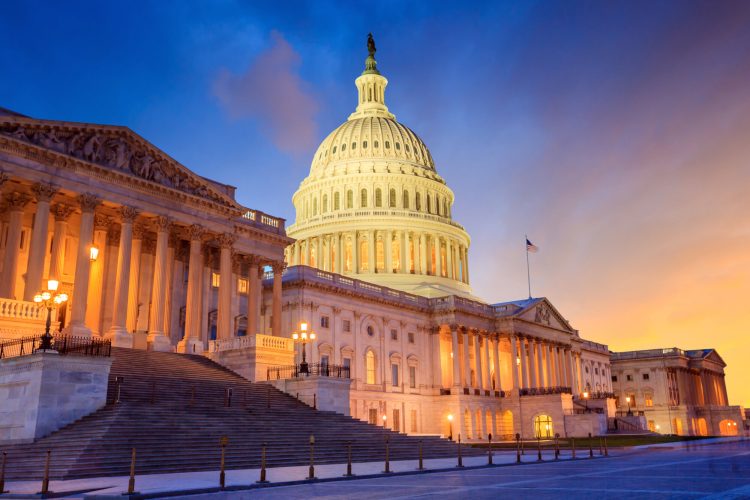On Facing the Future, Concord Coalition Executive Director Robert L. Bixby, Senior Fellow at the Brookings Institution Stuart M. Butler and Timothy Higashi, a senior research analyst at Brookings joined me to discuss a recent forum co-hosted by Brookings and the Millennial Action Project that explored Millennials’ attitudes toward the national debt and climate change, as well as related research.
“It’s really a difficult job trying to get younger Americans really worked up about the issue of long-term debt and deficits,” Butler said. “There are other issues where there seems to be no problem getting younger Americans involved; one in particular is the whole issue of climate change.”
Butler said the issues of the national debt and climate change are both examples of problems that are in the future, but can both be very devastating. So, you need to take action now to forestall problems. The panel discussion was an attempt to talk through why there is such concern about one issue, but not the other, and what lessons could be learned in trying to get greater public attention on the debt and deficits.
Higashi said, “Millennials and Generation Z are more concerned about climate than they are about debt.” He added that polling data shows that the national debt and deficit barely register as issues that those generations care about.
Butler said that Millennials have had very different experiences than past generations with regard to the national debt and the impacts of climate change, which paint their perspective on each issue.
Higashi added that their life experiences have been very different, and he said the dangers communicated about having large, recurring deficits and a massive national debt have not seemingly come to fruition for younger generations yet.
“The debt and deficit issue is not as plausible to younger people as a crisis that is suddenly going to appear,” Butler said. “Trying to make the argument that just a few weeks away we may have an economic catastrophe does not get through to people, and I think a better message is … point out to people how over time the issue of the deficit and debt could erode their situation.”
The concept that a growing debt can crowd out investment in Millennials’ long-term priorities and reduce flexibility in decision making on issues like education or climate change is an argument more likely to gain traction than praying on the fear that a catastrophe may be right around the corner, he added.
Higashi agreed. When the issues of the debt and deficit are reframed toward the future, research shows that Millennials and members of Gen Z are more willing to do something about those challenges.
“It’s better to say to future generations, you can do ‘X’ … if you take care of the debt,” he said. What is also persuasive to younger generations is presenting the issues and solutions in such a way that one can personally make a difference.
Hear more on “Facing the Future.” I host the program each week on WKXL, NHTalkRadio.com (N.H.), and it is also available via podcast. Join me and my guests as we discuss issues relating to national fiscal policy with budget experts, industry leaders, elected officials and candidates for public office. Past broadcasts are available here. You can now subscribe to the podcast on iTunes, Google Play or through RSS.
Continue Reading










